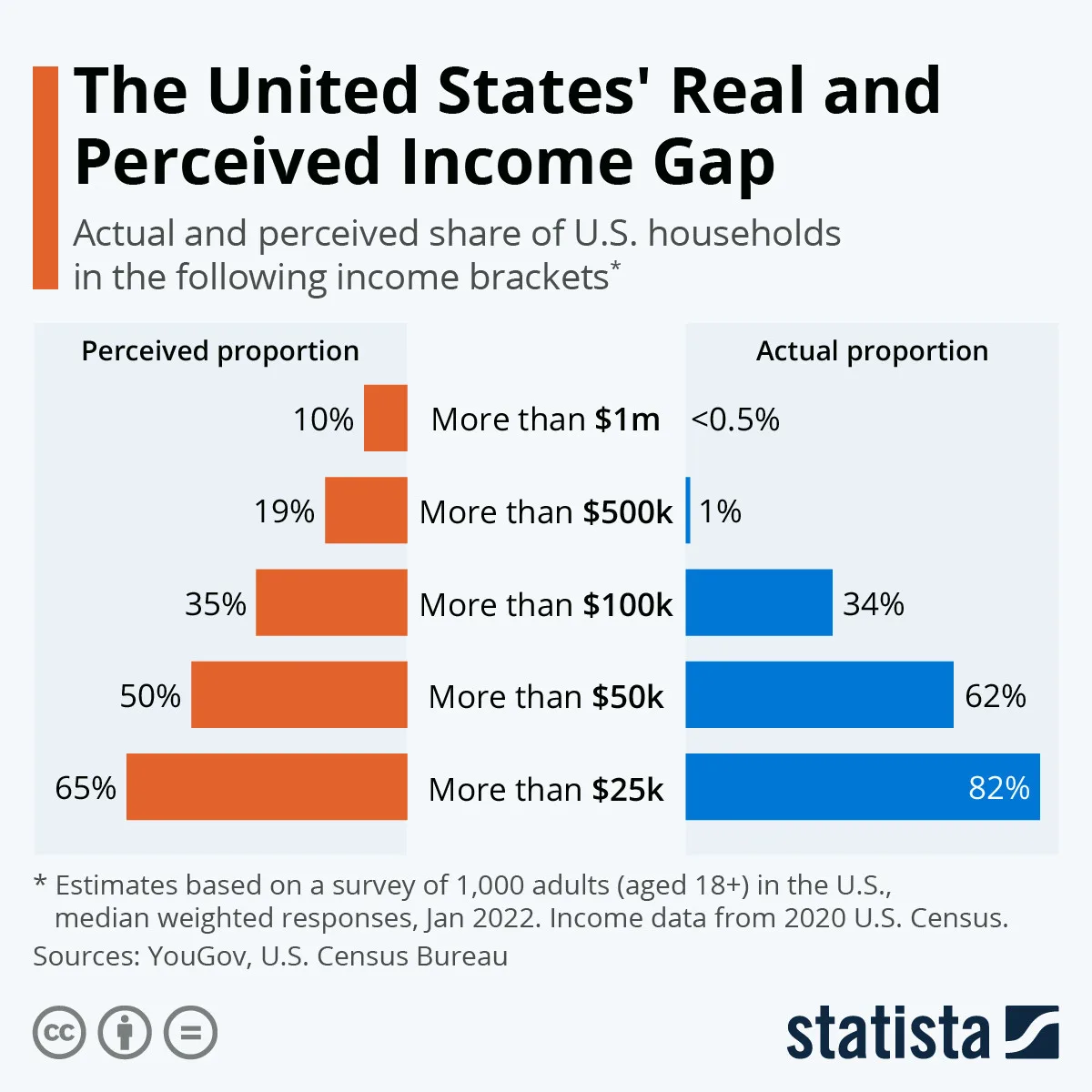In March 2025, Elon Musk completed his first month in the White House, which coincided with a significant downturn for Tesla. The month saw Tesla’s stock falling nearly 15%, marking the worst month for the company since 2022. This downturn occurred as the electric vehicle market faces increasing competition and shifting consumer demands. In Europe, Tesla’s sales plummeted, contributing significantly to this downturn. February saw a significant drop in demand, with Tesla struggling to maintain its market position amid competition from emerging EV brands. Analysts note that Tesla’s struggles may be linked to consumer skepticism regarding its leadership under Musk since his transition from CEO to the political realm. As one analyst pointed out, ‘The combination of Musk’s attention on political issues rather than product development is creating uncertainty for investors.’ The ongoing buyer strike, where customers are delaying purchases due to tightened finances and rising interest rates, has exacerbated the situation, raising alarms about Tesla’s strategic direction moving forward. Multiple reports indicate a need for Tesla to revise its pricing strategy in light of these market dynamics, as it battles to hold onto its leadership role in the EV landscape.










